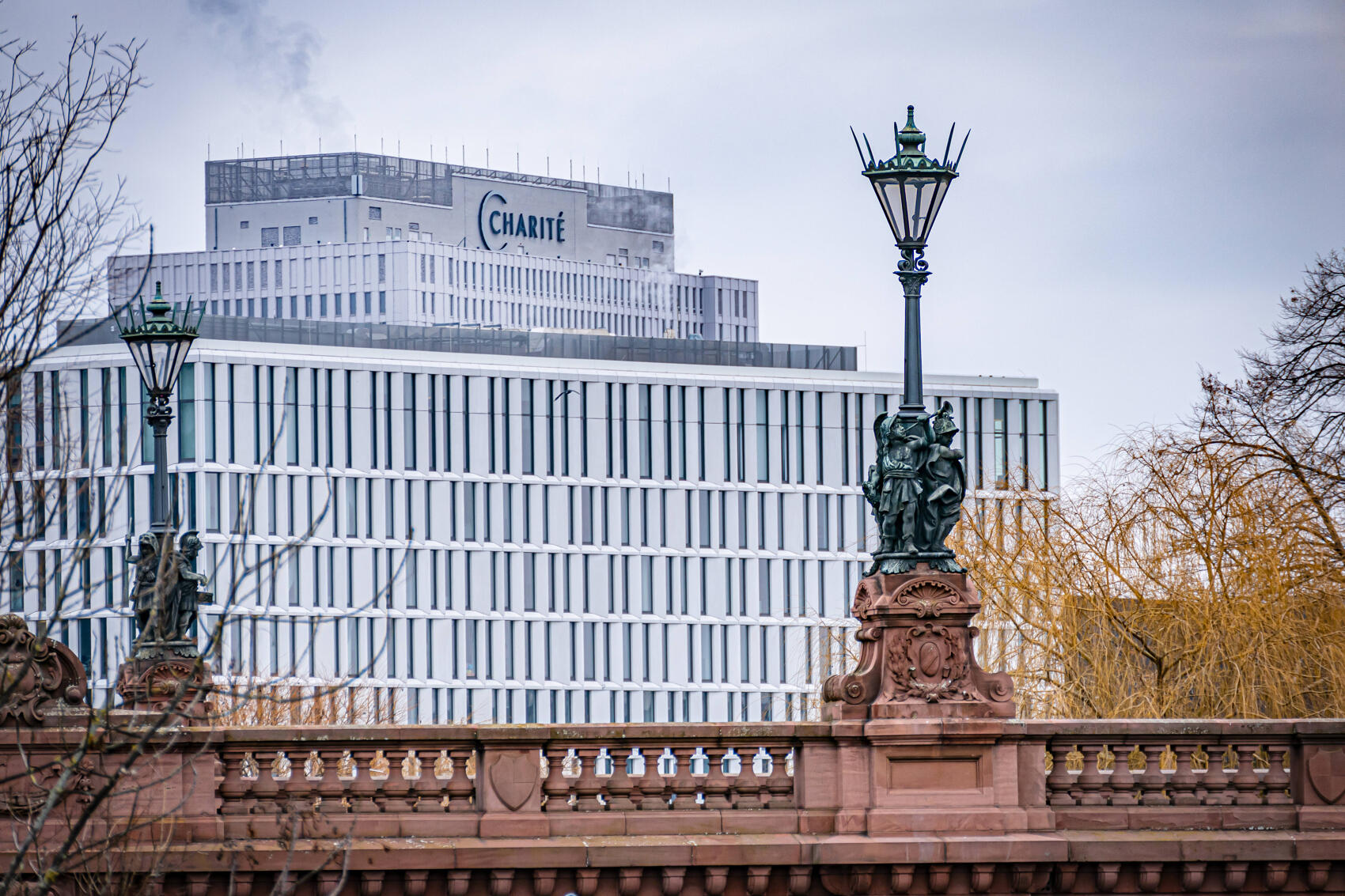


1 / 3
Charité University Hospital Berlin
Berlin, Germany
NaNAbout the clinic
Charité University Hospital Berlin is an internationally known medical institution in Germany and the second-largest clinic in Europe. It's one of the most research-oriented facilities in the country, with a reputation for producing future leaders in medicine.
Hospital Review
The university hospital is more than 300 years old, with its 315th birthday coming up in 2025. It was founded on the orders of King Frederick I of Prussia as an attempt to deal with an outbreak of bubonic plague. Its current name, French for “charity,” was conferred on the hospital in 1727.
Throughout its existence, Charité has been a focal point for learning. Indeed, it has hosted some of the most esteemed physicians in history, as students and staff.
Today, Charité employs as many as 11 Nobel Prize winners in the fields of physiology and medicine. Overall, it boasts an impressive and award-winning medical staff, and maintains more than 13,000 employees.
Charité University Hospital works with some of the largest universities in Berlin to produce innovative therapies and medical technologies. Its relationships with premier universities and institutions allow it to pursue revolutionary research. The hospital provides one-of-a-kind therapeutics for patients who have come from around the world.
The University of Medicine Charité is the teaching hospital inside Charité University Hospital Berlin, and it takes on qualified students every year from Berlin Humboldt University and the Free University of Berlin. The clinic aims to teach the future of medicine to new generations of healthcare leaders.
Charité University Hospital Facts and Figures
The facts and figures of the Charité University Hospital Berlin include:
3,011 beds and counting
Four campuses with 17 centres of medicine
Takes up 540,000 square metres of land in central Berlin
9,797 scientists and doctors work here
More than 4,000 nurses
261 professors teach at the university
7,000 students attend this university
1,300 students come from abroad to learn at The University of Medicine Charité
About 5,349 children get treatment at this hospital every year
Surgeons perform nearly 75,000 operations here every year
Approximately 629 organ transplants take place at Charité University Hospital every year
The average hospital stay here is about six days and the clinic provides treatment for 146,000 inpatients and 694,000 outpatients every year.
Impressive Departments
Charité maintains a range of highly-regarded departments.
Diagnostic Centre
The diagnostics department at Charité University Hospital Berlin employs radiology and nuclear medicine, with six radiology centres providing diagnoses to thousands of patients every year. In total, the department uses 12 magnetic resonance imaging (MRI) systems, 14 CT scanners, and various ultrasound tools.
In addition, Charité utilises single-photon emission computed tomography (SPECT-CT) technology and a positron emission computed tomography (PET-CT) system.
Cardiology and Cardiovascular Department
The cardiology MRI system is used in this department to visualise cardiovascular damage, which allows physicians to discern early-stage issues with the heart. Charité is also renowned for its heart surgery procedures.
Neurological Disease Treatments
The neurological department supports stroke and functional imaging processes of the human brain. Charité involves multiple laboratories where neuroscientists gather information and make discoveries. Stroke therapy specialists provide care to more than 900 patients every year.
Oncology Care
Three different centres provide oncology care. Charité incorporates various modern techniques and technologies, such as the CyberKnife and the robotic surgery system da Vinci.
Orthopaedics Department
Orthopaedics care focuses on treating all diseases and injuries related to the musculoskeletal system. Charité provides modern and innovative prosthetics and technologies. Here, you will also find impressive surgical techniques, including reconstructive surgery and thoracic operations.
Highlights and Achievements
In 2022, Newsweek ranked Charité University Hospital Berlin as the fifth-best clinic in the world out of 1,000 clinics. Below are several other vital hospital achievements.
Berlin School of Integrative Oncology
The hospital boasts the Berlin School of Integrative Oncology where researchers uncover new therapies. They also develop solutions for some of the most complex challenges in cancer care. Clinical studies here are making a major difference in patients’ lives.
NeuroCure
NeuroCure is an impressive program aimed at pursuing research to treat epilepsy, stroke, and multiple sclerosis. The neuroscientists conducting research through this program also aim their work toward better understanding autism, Alzheimer’s disease, schizophrenia, and depression.
Berlin-Brandenburg School of Regenerative Therapy
At the Berlin-Brandenburg School of Regenerative Therapy, researchers develop ways to treat immune system disorders as well as conditions related to musculoskeletal and cardiovascular health. This is especially essential when current treatments don’t provide adequate symptom relief.
Secondary Achievements
Some other achievements of Charité University Hospital Berlin include:
A new way to treat pneumonia
First implantation of a unique heart support system for severe heart inflammation
Use of deep brain stimulation to stop schizophrenia-based behavioural deficits
The Charité University Hospital Berlin is a world-renowned facility that continually improves patient care and clinical research.